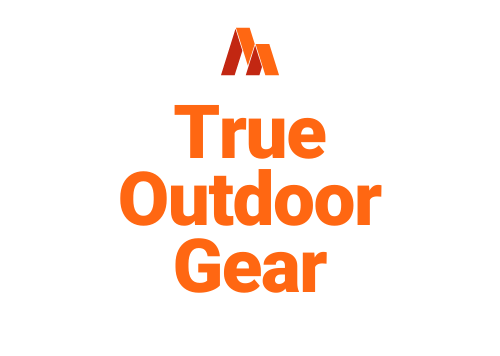Camping is a popular activity that allows individuals to connect with nature and escape the hustle and bustle of city life. However, unpredictable weather conditions can quickly turn a camping trip into a soggy nightmare.
One of the most important preparations for any camping trip is ensuring that your tent is waterproof. Waterproofing your tent is crucial to ensure that you are protected from the elements, including rain, dew, and condensation. Without proper waterproofing, your tent can become damp and uncomfortable, making your camping experience less enjoyable.
In this article, we will provide expert tips on how to waterproof your tent and keep yourself dry during your camping trip. We will discuss the importance of waterproofing your tent and provide practical tips on how to do so effectively. We will also recommend products that can help you achieve a waterproof tent, so that you can enjoy your camping trip with peace of mind.
Importance of Waterproofing
Ensuring the waterproofing of a tent is crucial to prevent any potential leaks, as suggested by Bryan Haines, co-founder and blogger on GudGear. Haines emphasizes the importance of thoroughly checking the tent, seals, and rain fly before each camping trip and recommends washing the gear before waterproofing as a precautionary measure.
This is because any leaks or damage to the tent can pose a significant threat to the safety and comfort of campers.
Apart from conducting a thorough check, it is also important to understand the different types of materials used for tents and their specific waterproofing needs. Synthetic fabric is the most common type of tent material, and there are different types of sealants available for different types of fabric.
Waterproofing the tent floor, fabric, and rainfly is necessary, and two thin coats of sealant are better than one thick coat. Properly waterproofed tents should allow water to bead up and roll off the tent after waterproofing.
Regularly resealing the rainfly is important, as it takes the biggest amount of battering under harsh sun and rain.
Waterproofing Tips
One of the essential steps in preparing for a camping trip is to waterproof the tent, which involves applying sealant to the tent floor, fabric, and rainfly to prevent moisture from penetrating the material. To ensure maximum protection against the elements, it is important to know the type of material used in the tent fabric, as different types of sealants are suitable for different materials.
Synthetic fabrics are the most common type of material used, and Gear Aid Seam Grip + TF Tent Fabric Sealant is recommended for this type of fabric.
Waterproofing the rainfly is crucial as it takes the biggest battering from the harsh sun and rain. Resealing the rainfly regularly is necessary to maintain its water-repellent properties. To make the fabric more water-resistant and protect it from UV rays, Nikwax Tent & Gear Solarproof can be used. It is easy on the environment and not tested on animals.
Before applying the sealant, it is essential to clean the rainfly thoroughly. Two thin coats of sealant are better than one thick coat, and it is important to seal the tent seams to prevent water from seeping through.
Recommended Products
Recommended products for waterproofing a tent include Gear Aid Seam Grip WP Sealant Adhesive for sealing tent seams and Nikwax Tent & Gear Solarproof for protecting against UV rays.
Gear Aid Seam Grip WP Sealant Adhesive is a heavy-duty sealant that creates a long-lasting, waterproof seal on tent seams. It is easy to apply with a small paintbrush or sponge brush, and it dries clear and flexible. This product is ideal for sealing leaks and preventing water from seeping through the seams of tents, tarps, and rain gear.
Nikwax Tent & Gear Solarproof is a water-based solution that adds water repellency and protects against UV damage to tent fabric and rainfly. It is easy to apply, and it does not require heat to activate. This product is ideal for synthetic fabrics, and it is safe for the environment and not tested on animals. It helps to extend the life of tent fabric and rainfly by protecting against harmful UV rays and keeping the fabric dry.
By using these recommended products, campers can ensure that their tent stays dry and protected from the elements.
